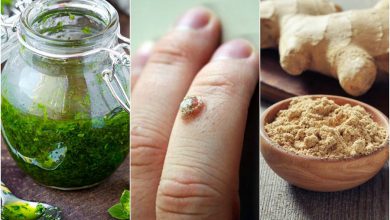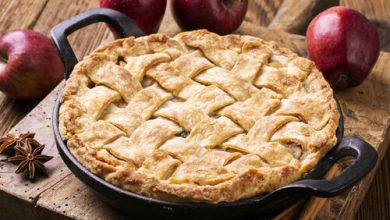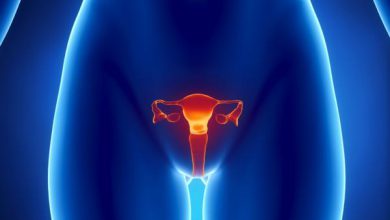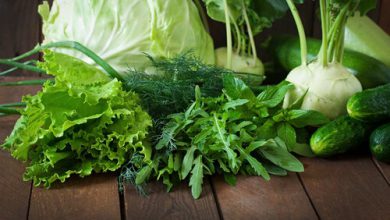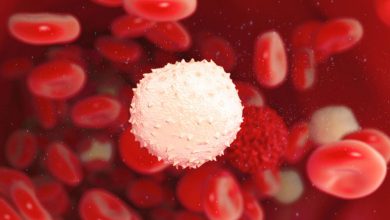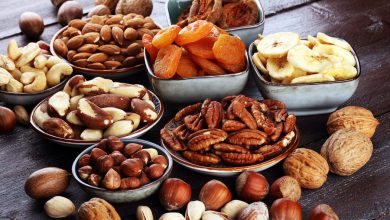The 5 Best Infusions To Combat Constipation

Constipation can have many causes. Therefore, although you can support yourself with these infusions to promote their relief, it is best to consult your doctor to determine the best treatment.

To combat constipation, healthy lifestyle habits must be adopted, especially when it comes to eating. This disorder, although at first it seems mild, can become a chronic problem if it is not paid attention. What are your causes?
It occurs when the intestine presents alterations in its functioning, which generates an accumulation of waste. It is a very common condition in the population and, in fact, corresponds to the gastrointestinal problem with the highest number of affected.
It can occur as a result of a poor diet, but also due to dehydration, inflammatory diseases, and genetic factors. Its main symptom is the inability to have a bowel movement, although it is accompanied by gas, abdominal pain and bloating.
Due to the many factors that affect its appearance, the general recommendation is to go to the doctor to determine its cause and, based on this, choose an effective treatment. In the meantime, you can try some natural herbal teas that can help promote your relief. Discover them!
Infusions to fight constipation naturally
Infusions to combat constipation are drinks of natural origin that take advantage of the slight laxative effect that some plants offer. However, they are not a first-line treatment against this disease and they are not exempt from causing side effects.
Therefore, although they can be tried, it is best to seek medical attention and ask the professional if there is no inconvenience in taking these remedies as an adjunct to treatment. In most cases it is safe, as long as the consumption recommendations are followed.
1. Senna leaves to combat constipation
Senna leaves contain substances known as anthraquinones that, after being assimilated, stimulate the muscular walls that surround the intestine, and facilitate its movement to achieve optimal elimination of waste.
Research published in the Journal of Pharmacognosy and Phytochemistry supports that it has laxative properties that help control constipation. However, it is contraindicated for pregnant women and people who have inflammatory diseases of the colon.

Ingredients
- 1 cup of water (250 ml)
- 1 teaspoon of senna leaves (5 g)
Preparation
- Bring a cup of water to a boil and, when it comes to a boil, remove it from the heat and add a teaspoon of senna leaves.
- Let it sit for a few minutes and strain it.
Consumption mode
- Drink a cup of senna drink a day, at most 3 times a week.
Note: excessive intake of senna should be avoided, as higher doses can lead to severe purging, abdominal cramps ,
and dehydration characteristics.
2. Nettle infusion
In natural medicine, nettle has been used as a supplement to combat constipation, since, apparently, it helps to stimulate the elimination of feces. However, there is not much evidence that links the intake of its infusion with the relief of this digestive problem.
In any case, nettle leaves are known for their content of nutrients and bioactive compounds that promote health, such as carotenoids, fatty acids, essential amino acids, vitamins, tannins, carbohydrates, minerals, among others.
Ingredients
- 1 cup of water (250 ml)
- 1 tablespoon of fresh nettle (10 g)
Preparation
- Add the fresh nettle to a cup of boiling water and let it steep until lukewarm.
- Pass it through a strainer and serve.
Consumption mode
- Drink a cup of nettle infusion on an empty stomach, 2 or 3 times a week.
3. Infusion of fennel seeds
Consistent with information published in BioMed Research International , fennel seeds have been used for hundreds of years as a natural and safe supplement to combat various digestive disorders, including constipation. If you decide to try it, you can make this infusion.
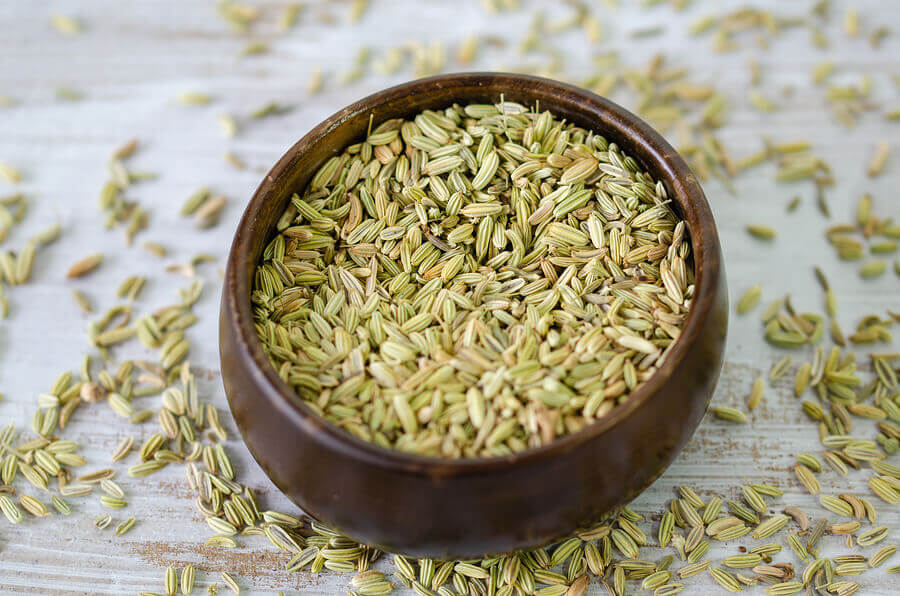
Ingredients
- 1 teaspoon of fennel seeds (5 g)
- 1 cup of water (250 ml)
Preparation
- Grind the seeds and, after boiling a cup of water, infuse them.
- Let them rest for 10 or 15 minutes and consume it.
Consumption mode
- Drink up to 2 cups of fennel seed infusion a day, until constipation is relieved.
4. Coriander infusion
There is no evidence that coriander infusion helps against constipation and its symptoms. Despite this, in popular culture it has been used as an adjuvant against this problem, as well as against inflammation and gas. If you want to try it, make the following recipe.
Ingredients
- 1 tablespoon of coriander leaves (10 g)
- 1 cup of water (250 ml)
Preparation
- Add a tablespoon of coriander leaves to a cup of boiling water.
- Cover it and wait for it to rest until it reaches a suitable temperature for consumption.
- Pass it through a strainer and serve.
Consumption mode
- Drink 2 cups of coriander infusion a day.
- Repeat its consumption every day, maximum twice a day, until the problem is alleviated.
5. Infusion of flax seeds
The natural flax seed drink is one of the most popular remedies to combat constipation and other stomach problems. This ingredient contains substances such as insoluble fiber and fatty acids, which, without affecting the bacterial flora, promote the elimination of waste.
A study published in the Journal of Ethnopharmacology highlights that, in fact, these seeds have dual action. Not only do they fight constipation, but it also has antidiarrheal activity.
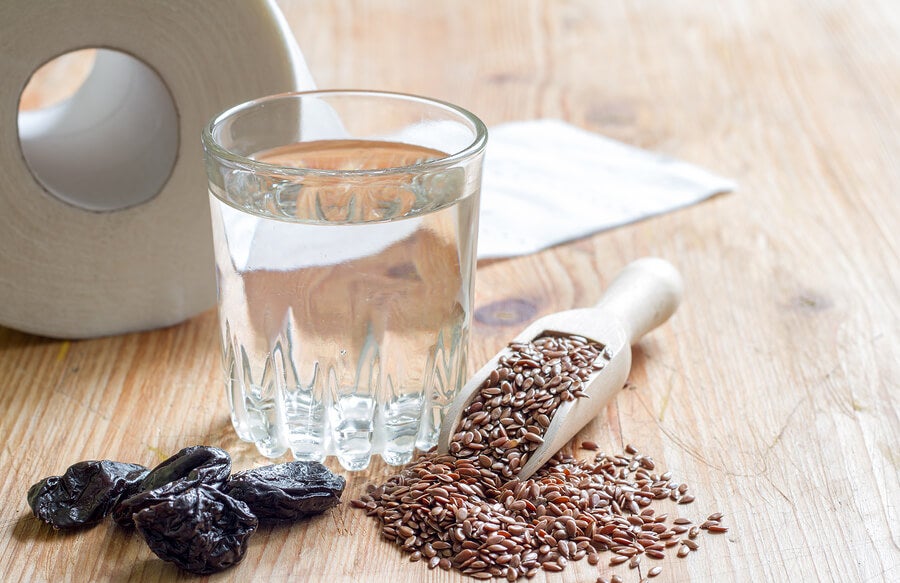
Ingredients
- 1 tablespoon of flax seeds (10 g)
- 1 cup of water (250 ml)
Preparation
- Bring a cup of water to a boil and, when it comes to a boil, add the seeds.
- Cover and let stand at room temperature until cool.
- Filter the liquid through a strainer and serve the drink.
Consumption mode
- Drink a glass of flax infusion on an empty stomach and, if you like, repeat its consumption in the middle of the afternoon.
- Take it at least 3 times a week.
Looking for how to combat constipation?
Go ahead and prepare these natural infusions at home and discover how good they are against this problem. However, always bear in mind that they are not a substitute for medical treatment and, in addition, they must be complemented with good eating and exercise habits. Consulting your doctor you can discover the most effective options to alleviate this problem depending on your case.

